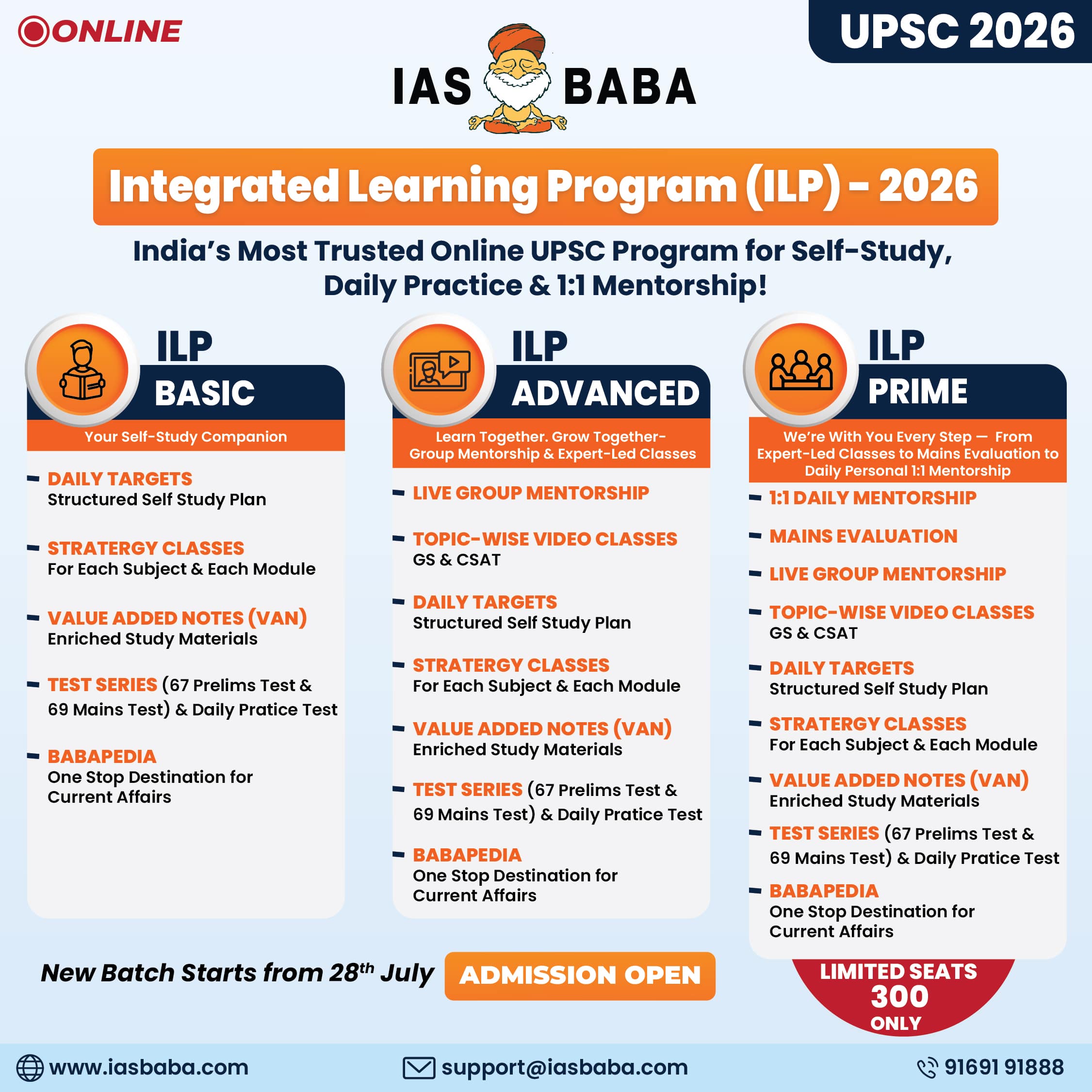UPSC Articles
ECONOMY/GOVERNANCE
- GS-3: Indian Economy and issues relating to planning, mobilization, of resources, growth, development and employment.
Neo Banks Vs Traditional Banks
What are Neo-banks?
Neo-banks are online-only financial technology (fintech) companies that operate solely digitally or via mobile apps. Simply put, neo-banks are digital banks without any physical branches.
How are they different from the traditional banks?
- Neo-banks are disrupting the traditional banking system by leveraging technology and artificial intelligence (AI) to offer a range of personalised services to customers.
- On the other hand, traditional banks follow an omni-channel approach i.e. having both physical (through branches and ATMs) and digital banking presence to offer a multitude of products and services.
- Right from customer acquisition to traditional banking services such as remittances, money transfers, utility payments and personal finance, neo-banks offer a wide range of offerings to customers across retail and small-to-medium enterprise (SME) categories.
- Typically, neo-banks apply a design thinking approach to a particular banking area and tailor their products and services in a manner that makes banking simpler and convenient to the end consumers.
How are they evolving?
- The term ‘Neo-bank’ started gaining prominence globally in 2017 as they emerged as a new challenger to the traditional banks in terms of customer engagement, connectivity and reach, and most importantly, the user experience.
- That is why neobanks are also called ‘challenger banks’.
- The market potential for neo-banks is driven by the rising penetration of the internet and smartphones across the globe.
- The global neo-banking market size is expected to reach $333.4 billion by 2026, rising at a compounded annual growth rate (CAGR) of 47.1 per cent.
- There are around a dozen neo-banks in India including Razorpay X, EpiFi, Open, NiYo, Jupiter among others.
What are the advantgaes of neo-banks?
- Low costs – Fewer regulations and the absence of credit risk allow neo-banks to keep their costs low. Products are typically less expensive, with no monthly maintenance fees.
- Personalised services– These banks offer customers personalised services according to the needs of customers by leveraging technologies
- Speed – Neo-banks allow customers to set up accounts quickly and process requests speedily. Innovative strategies are employed to determine the credit value of the person while offering loans thereby cutting the usual time-consuming verification process.
Can they replace traditional banks?
- Not entirely. Neo-banks offer only a small range of products and services as compared to a whole gamut of services that traditional banks offer.
- Besides, since neo-banks are highly digital focused, they may not be able to cater to the banking needs of non-tech savvy consumers or people from the rural parts of the country, who believe in face-to-face interaction with their financial custodians.
- As of 2020, India had a smartphone penetration rate of just about 54 per cent.
What are the challenges that they face?
- First and foremost is building trust. Unlike traditional banks, neo-banks don’t have a physical presence, so customers cannot literally ‘bank upon’ them in case of any issues/challenges.
- Secondly, neo-banks are yet to be recognised by the Reserve Bank of India (RBI). So, they have to engage with regulated banks and financial institutions to offer financial products and services.
- Due to the absence of enabling regulations, neo-banks cannot accept deposits or offer lending products on their own books.
- That is why some fintechs have a non-banking financial company (NBFC) as their parent to engage in lending activities while most others partner with banks and financial institutions.
Connecting the dots:














